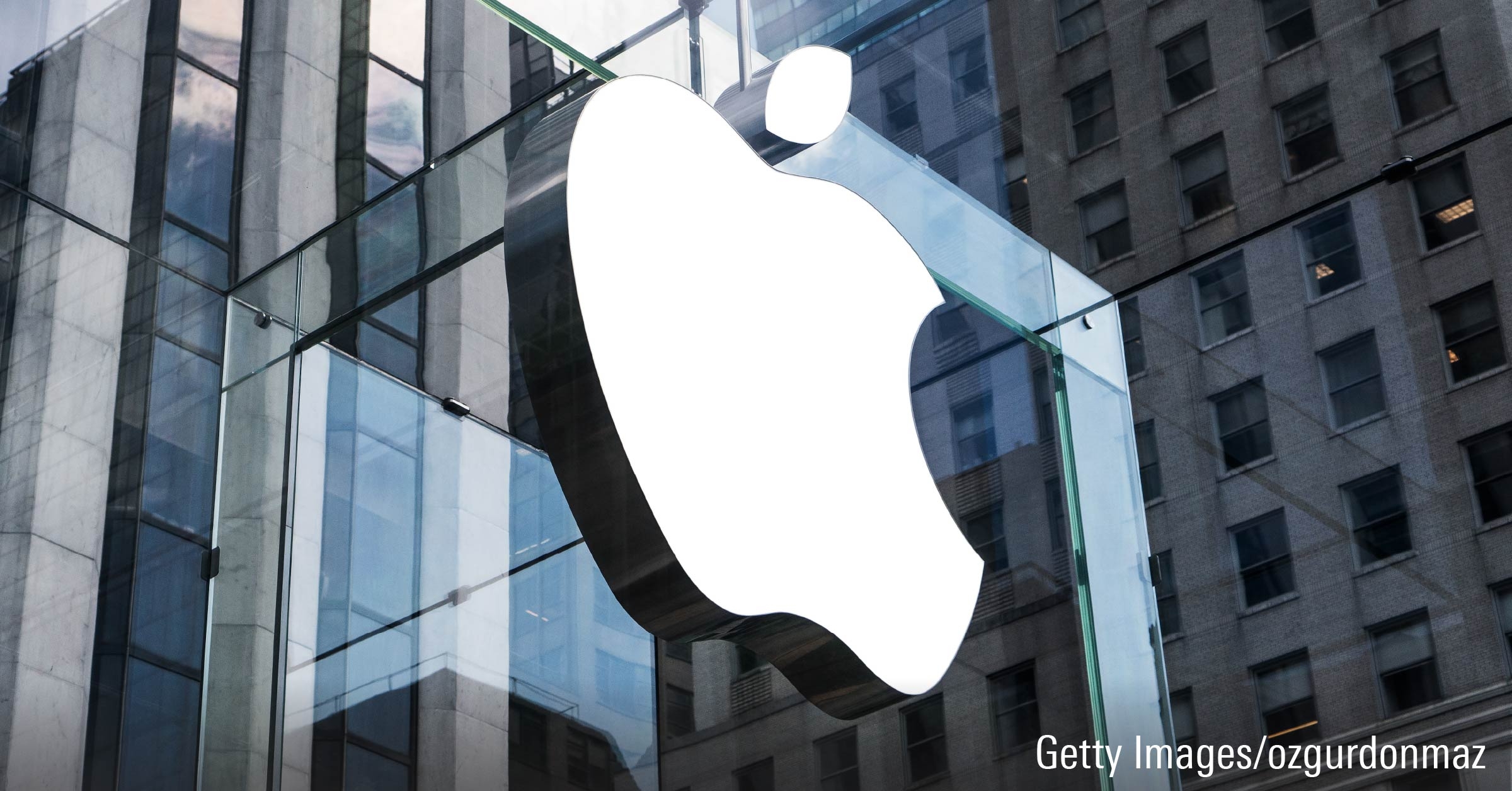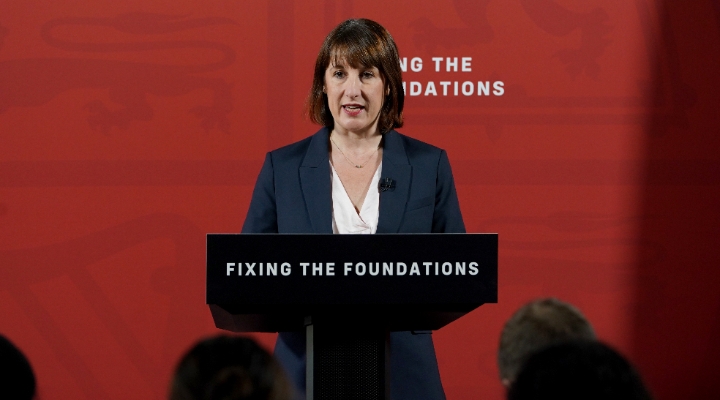Last week, Morningstar ran our annual investment conference, on subjects ranging from Brexit and risk management to the cost of funds and the future of advice. Read on for our coverage of the Morningstar Investment Conference UK in our special report: What the Experts Say.
Emma Wall: Hello, and welcome to Morningstar. I'm Emma Wall and I'm joined today by Richard Buxton, Head of U.K. Equities for Old Mutual Global Investors.
Hello, Richard.
Richard Buxton: Hi.
Wall: So, we've just heard from you at the Morningstar Investment Conference in London that monetary stimulus no longer works. What do you mean by that?
Buxton: Well, I generally think that this year we've crossed the Rubicon. I think that the move by the BOJ and the ECB into negative rates or further negative rates has just crossed bond yields and as a result, it's undermined confidence in the financial sector. So, you've seen global bank and life insurance company shares fall 10% to 30% this year as it's undermining their profitability, investors' belief in the sustainability of their profits and yields. So, this is not going to be conducive to creating more lending. So, I think we actually need slightly higher bond yields and gently rising interest rates.
If the world needs more stimulus, it can't come from the monetary side. Either you've got to do big fiscal stimulus which the Japanese are advocating or you do end up with a helicopter money situation. Read Ben Bernanke's blog. Have a money-financed fiscal program if you really think that the world is so bad that it needs more stimulus. Now, I'm not convinced it does, but what I'm convinced is that monetary policy is no longer helpful; it is counterproductive.
Wall: And you say you're not convinced that the world needs monetary policy, but there has been, in the first quarter of this year, a lot of negativity. There has been some suggestion that we are going to enter another global recession. Part of that is due to the fact that the U.K. has actually had slower growth, haven't we?
Buxton: Yes, we are a little bit slower. Funny enough, the government ensured that we were at the peak of our growth in time for the election last year and they have raised taxes. So, it is a little bit softer, but it's okay. It's 1.5% growth, not 2%, 2.5%. The U.S. is the concern. There the data does look very late cycle. It does feel as though profits are rolling over, that employment is full, you got a bit of wage inflation. Europe, the data is actually fine.
And then there is the perpetual concern about China, how it's landing, et cetera. So, for me, it's still a mixed picture. There's some clouds on the horizon without doubt. But I'm not completely convinced it's so bad that we need massive new stimulus.
Wall: Of course, then just looking at the U.K., you mentioned there that we have had slightly slower than expected growth, although it is still positive. One of the things that is invariably dragging that growth down is the threat of Brexit. Do you think we will end up leaving the EU?
Buxton: Absolutely not. I've been firm in my views for ages. You're right, it has contributed to the latest slowdown, though I think it was happening anyway. But no, I think the British electors are inherently conservative with the small 'c'. They don't vote for radical change unless the country really is in a crisis. 1979, there was a sense of that. There is no sense of crisis today. So, I think that when push comes to shove the bookies will be proved right. It's still 2-to-1 on that we stay in and we can then move on.
Wall: And move on to slightly higher growth we expect?
Buxton: There will be I think a little bit of a rebound in terms of investment and spending and activity. So, yeah, I think things will be second-half-loaded for the U.K.
Wall: Richard, thank you very much.
Buxton: Thank you.
Wall: This is Emma Wall for Morningstar. Thank you for watching.





























